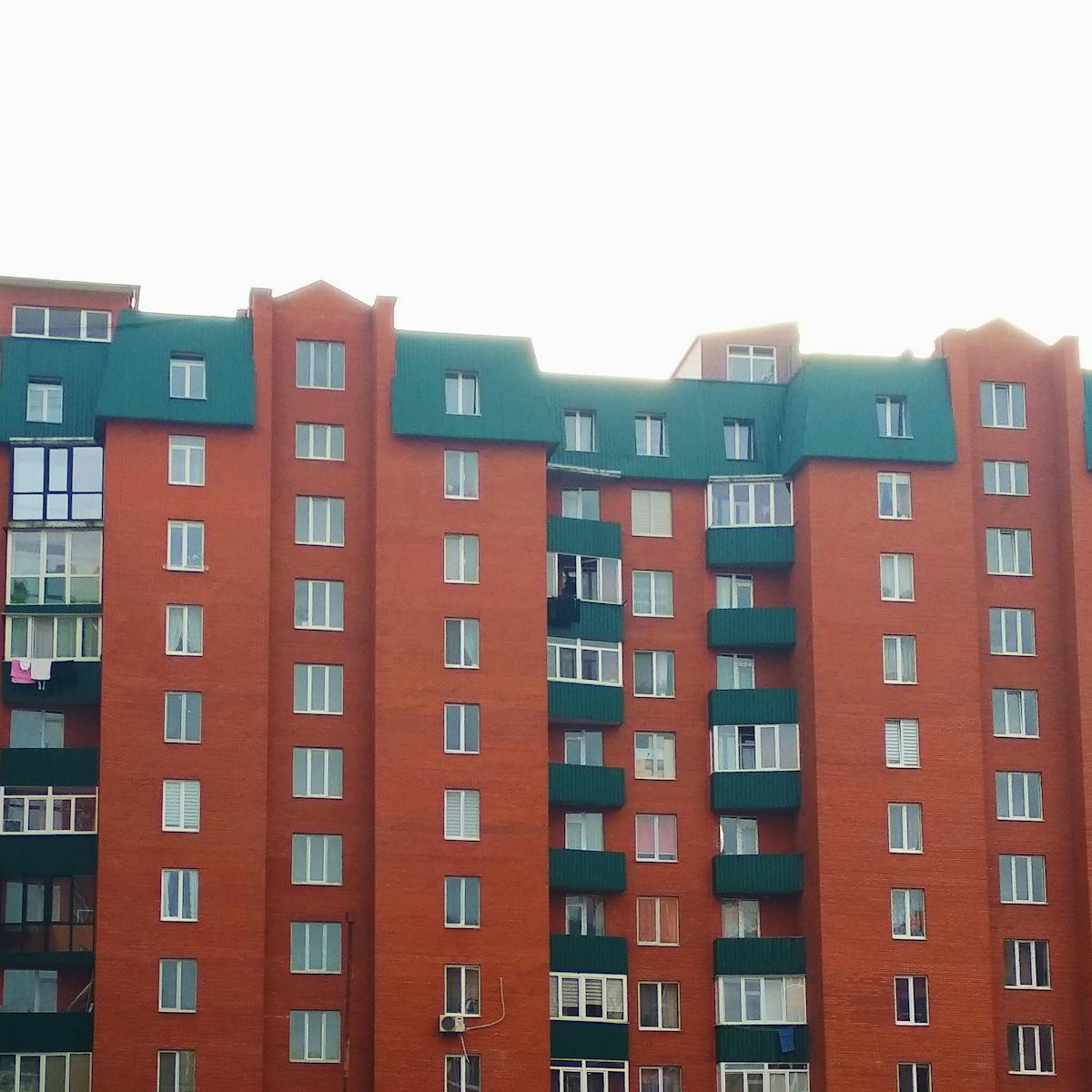If you’re renting in Ireland, you’ve probably heard the term Rent Pressure Zone or RPZ. But with the latest 2025 legislation turning the entire country into an RPZ, what does that really mean for tenants? Whether you’re looking to strengthen your tenant resume, understand your rental history, or simply stay informed while renting in Ireland, this update is crucial.
In this post, we break down what RPZs are, what’s changed in 2025, and how you as a renter can protect yourself and improve your chances in a highly competitive market.
What Is a Rent Pressure Zone?
A Rent Pressure Zone is a designated area in Ireland where rents cannot rise by more than a certain percentage each year. This regulation was originally introduced to control rapid rent inflation in urban areas with housing shortages. Before 2025, only specific cities and towns were RPZs.
As of this year, however, all of Ireland has officially been designated as an RPZ. This means that rent increase limits now apply nationwide.
What’s Changed in 2025?
The biggest change in 2025 is the expansion of RPZ coverage to the entire country. This move comes in response to rising rents across both urban and rural areas, along with growing pressure on the rental market.
Key updates include:
- Nationwide rent caps: Landlords can only increase rent in line with the current rent pressure zone formula.
- Stricter enforcement: The Residential Tenancies Board (RTB) will now monitor rent increases more closely.
- Greater protection for renters: Tenants across Ireland now have the same legal safeguards, regardless of location.
With these new rules in place, it’s more important than ever to track your rental history and present a complete tenant profile to landlords. This can improve your chances of securing a place, especially as competition grows.
How This Affects Tenants

1. Slower Rent Increases
The rent cap is intended to offer stability. If you’re renewing a lease or signing a new one, the landlord can only raise the rent based on a predefined formula set by the RTB.
This protects tenants from sudden, steep increases — but you still need to be aware of your rights and ensure the rent is within legal limits.
2. Higher Competition for Rentals
Because rental increases are now controlled, many tenants will choose to stay in place longer. This could lead to fewer properties available on the market. If you’re actively renting in Ireland in 2025, expect stronger competition, especially in larger towns and commuter zones.
Creating a free tenant resume through a tool like Tenantin.ie can help you stand out. A complete profile shows landlords you’re serious, prepared, and ready to move in.
Tip: Set up your Tenantin profile and download your free resume. It only takes a few minutes and can increase your chances of getting a response.
Why a Strong Tenant Resume Matters Now More Than Ever
With supply tightening and stricter regulations, landlords will be more selective. A professional tenant resume helps you build credibility and trust from the start.
At Tenantin.ie, you can set up a free tenant profile by entering:
- Personal details
- Employment information
- Full rental history
Once completed, your resume can be downloaded and shared directly with private landlords — a simple step that can set you apart.
Don’t wait. Create your free tenant resume now and stay ahead in this competitive rental market.
What This Means for Expats and Newcomers
For those moving to Ireland in 2025, these nationwide RPZ rules might feel confusing at first. Here’s what you need to know:
- Rent is capped even in rural areas, so pricing will be more predictable.
- You’ll need to show stability — employment status, references, and ideally a tenant resume.
- Competition is tight, so being prepared before you land in Ireland can help.
If you’re an expat planning your move, having a ready-made rental history (even from your home country) and a completed tenant profile gives you a real advantage.
Your Rights in a Rent Pressure Zone
Being informed is key. Under the RPZ rules:
- Your landlord must follow rent cap guidelines, unless the property qualifies for exemption.
- Any rent increase must be justified, notified in writing, and follow the correct process.
- If you suspect a rent increase is unlawful, you can report it to the Residential Tenancies Board.
Familiarising yourself with RPZ rules empowers you to protect your rights and avoid overpaying.
Final Thoughts

The expansion of RPZs across Ireland is a major shift in the rental landscape. While it offers more protection, it also tightens supply and raises competition. For tenants, this means being proactive, informed, and ready.
The best step you can take? Build your tenant resume today. It’s a free tool that helps you present a professional image, document your rental history, and get noticed by landlords.
Visit Tenantin.ie to get started. Whether you’re new to renting in Ireland or navigating changes in 2025, we’re here to help you find the right place — and stand out while doing it.
Frequently Asked Questions
1. What is an RPZ and how does it affect rent increases?
An RPZ, or Rent Pressure Zone, is an area where rent increases are capped to curb rapidly rising costs. In Ireland, this typically means that annual rent hikes are limited to a maximum of 2% or in line with inflation, whichever is lower. This regulation aims to provide stability for renters by preventing sudden and significant rent increases.
—
2. Does the RPZ designation apply to all types of properties?
Yes, the RPZ rules apply to most residential properties, including apartments and houses. However, there are exceptions, such as newly built homes that have not been rented before or properties that have undergone substantial refurbishment. It’s important for tenants to verify if their property falls under these exceptions.
—
3. How will being in an RPZ affect my current lease agreement?
If you’re already renting a property within a designated RPZ, your landlord must adhere to the capped rent increase limits when your lease is renewed. This means you can expect more predictable rent adjustments in line with the rules. Always review your lease terms and discuss any concerns with your landlord.
—
4. Will becoming an RPZ make it harder to find rental properties?
While the intention behind RPZs is to stabilize rents, they can sometimes lead to landlords becoming more selective about tenants or reducing the availability of properties for rent. However, this varies widely depending on local market conditions and individual landlord decisions.
—
5. Are there any benefits for renters with the entire country as an RPZ?
The main benefit is financial stability; renters can better anticipate their housing expenses and budget accordingly due to controlled rent increases. This can lead to a more balanced rental market over time, encouraging long-term tenancy agreements and reducing tenant turnover.
—
6. Can landlords still increase my rent under an RPZ designation?
Yes, landlords can increase rent, but only within the limits set by the RPZ regulations—usually up to 2% annually or according to inflation rates if lower. Any increases must be communicated properly and justified according to the law.
—
7. How can I ensure my rent increase complies with RPZ rules?
Tenants should request written documentation from landlords detailing any proposed rent changes and their compliance with RPZ regulations. You can also refer to resources at [tenantin.ie](https://tenantin.ie) for guidance on understanding your rights and responsibilities as a tenant.
—
8. What should I do if I suspect my landlord is not complying with RPZ rules?
If you believe your landlord is violating RPZ regulations, you should first attempt to resolve the issue directly by discussing your concerns with them. If this doesn’t resolve the issue, you may need to seek advice from a tenant advocacy group or legal assistance for further action.
—
9. Will living in an RPZ impact other aspects of renting, like deposits or maintenance obligations?
The RPZ designation specifically targets rent increases. It does not alter other aspects of tenancy law such as deposit regulations or maintenance obligations, which remain governed by existing national tenancy laws.
—
10. Where can I find more information about renting in RPZs?
For detailed information on renting within RPZs and other tenancy-related queries, visiting [tenantin.ie](https://tenantin.ie) could provide valuable insights and resources tailored for tenants navigating these changes.
—
We hope this FAQ helps clarify how the nationwide RPZ designation impacts renters across Ireland in 2025!






